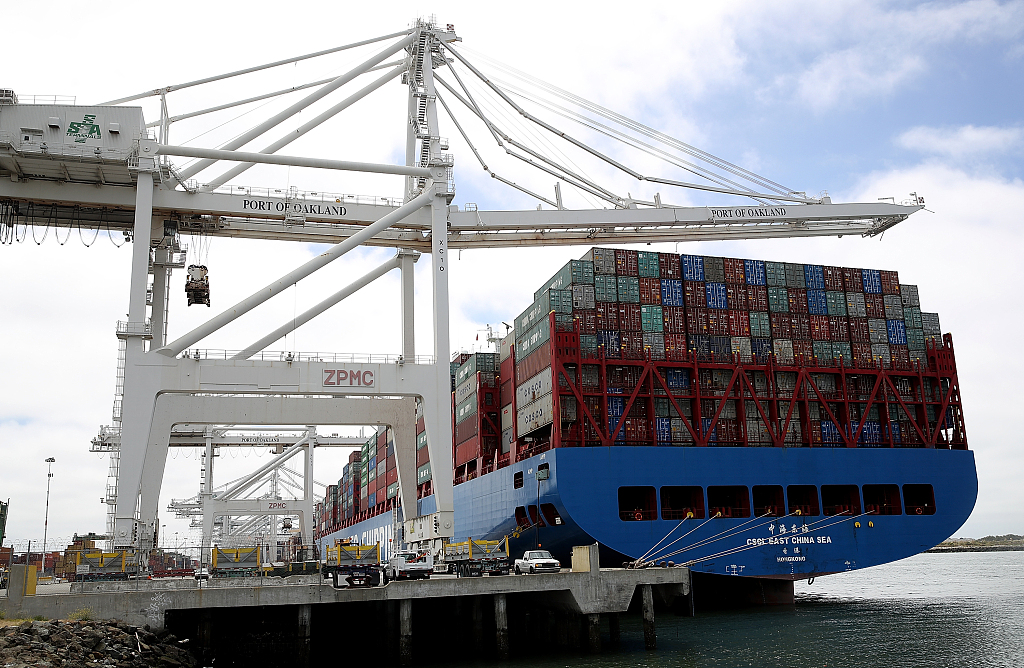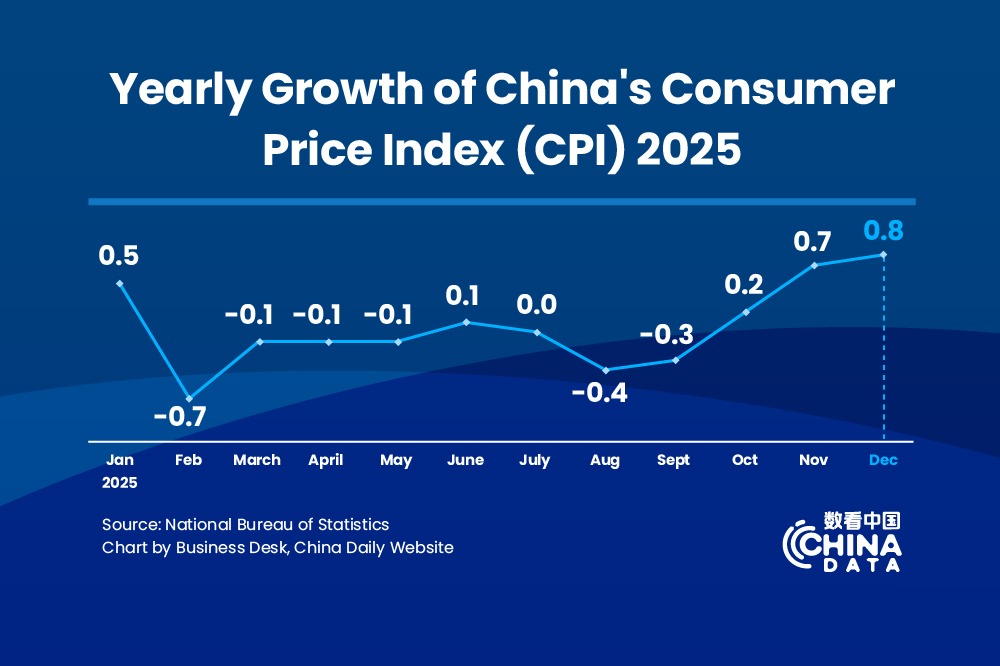Several issues that need to be further clarified about Sino-US trade frictions


• Are additional tariffs in the interest of US citizens?
When the US government escalated economic and trade friction, a ridiculous argument of self-deception was floated by some in the US. It was claimed that "additional tariffs were good for the US". From last year's "trade war is good", it has now come down to that China is paying huge tariffs to the US ... These huge taxes will be directly handed over to the US Treasury, and tariffs will bring more wealth to the US, even more than traditional trading. This claim goes completely against the common sense of economics. It is just the rhetoric of some in the US to hide the dangers of trade wars and fool people.
As far as the essence of trade protectionism in capitalist countries goes, a great economist has revealed that the protective tariff system that the capitalist class implements in the name of the state and the nation is merely a means of artificially "creating factory owners, exploiting independent workers and capitalizing the production materials and living materials of the people".In fact, while trade protectionism harms the interests of other countries, it also harms the interests of US citizens. It is a redistribution of interests that benefits only a few large monopolies in the US.
Trade friction harms the interests of ordinary US consumers. A large part of China's exports to the US are ordinary consumer goods, and the price elasticity of demand is small. Therefore, according to the tax-transfer principle, when the US imposes tariffs on Chinese goods, most of them will eventually be passed on to US consumers. A study from Goldman Sachs, a famed investment bank, believes that after the US government imposed tariffs on Chinese goods last year, Chinese exporters did not lower their prices "to compete in the US market". Therefore, tariff costs were mainly passed on to US companies and households, resulting in a rise in consumer prices. It has pushed up the core inflation rate in the US.
• Can Sino-US trade friction hurt the Chinese economy?
The US has continuously escalated Sino-US trade friction and used trade bullying and various other measures against China, which will undoubtedly adversely affect the production and operation of Chinese enterprises and people's consumption and expectations, and increase downward pressure on the economy. However, if we take a long-term, comprehensive and fundamental view to calmly and objectively examine it, rather than being caught in the short-term economic fluctuations or the consideration of gains and losses for the moment, we can draw the conclusion that the impact will be generally controllable and positive. The good trend is unchanged, the comprehensive advantages are obvious, and the means of regulation are sufficient. There are more opportunities than challenges.
The impact will be generally controllable. In 2018, the dependence of China's growth on exports was only 18.24 percent, and the impact of exports on China's economic growth is gradually decreasing. Since the beginning of this year, despite the slowdown in world economic growth and international trade, China's economy has started well, and the main economic indicators have remained within a reasonable range. China is optimizing its economic structure, changing its development mode, and improving its quality and efficiency. The Chinese economy is well poised to maintain the healthy trend of stable growth.
• What is China's position and attitude toward Sino-US economic and trade friction?
Since some people in the US provoked the Sino-US economic and trade friction, the two sides have increasingly taken divergent approaches to this issue. That is, should it be taken as a zero-sum game or based on mutual benefit, being addressed through confrontation or cooperation? Should the countries stay enclosed or open up, maintaining a monopolistic or competitive market? Should the countries stick to unilateralism or multilateralism? All these differences are underpinned by the ultimate question of whether the world is governed by the old way of hegemonism, or a new approach by building a community with a shared future for mankind. China's position and attitude toward these major fundamental issues is clear, firm and consistent.
Faced with the economic and trade friction provoked and escalated by some people in the US, China does not want a trade war. However, the country is not afraid of a trade war and will fight one if necessary. Proceeding from safeguarding the common interests of the two countries and the world trade order, China has responded to the concerns raised by the US with great sincerity. China overcame various difficulties, proposed practical solutions, and conducted 11 rounds of high-level economic and trade consultations with the US, which demonstrated China's sincere desire of not fighting a trade war. However, the US has continuously challenged China's bottom line and overstepped the red line of norms governing international relations, attempting to sacrifice China's rights to development and even damaging China's sovereignty and dignity.
No matter how the situation develops, China runs its own affairs well. The fundamental way to deal with economic and trade friction is to develop itself through reform and opening-up, which China will continue to deepen.
The above are excerpts from an opinion piece in Qiushi Magazine.




































